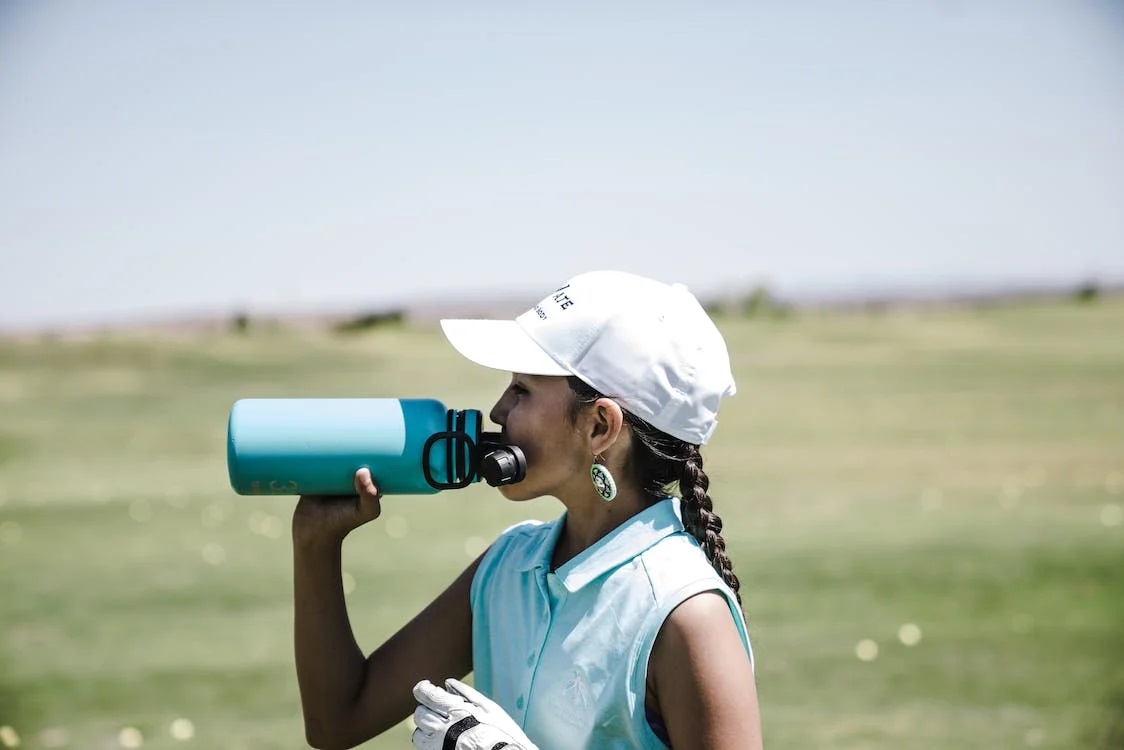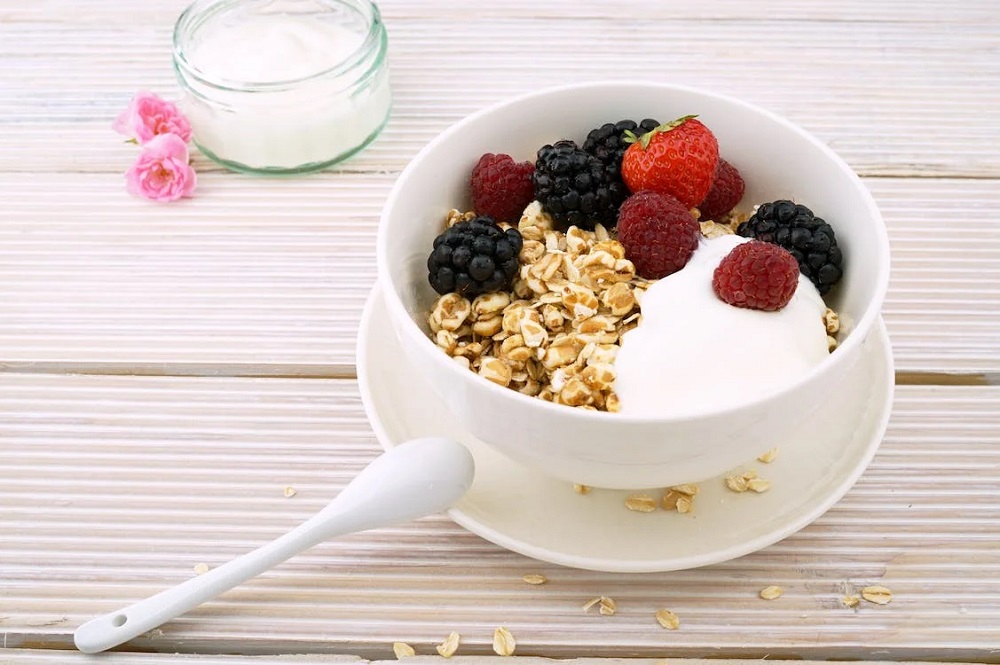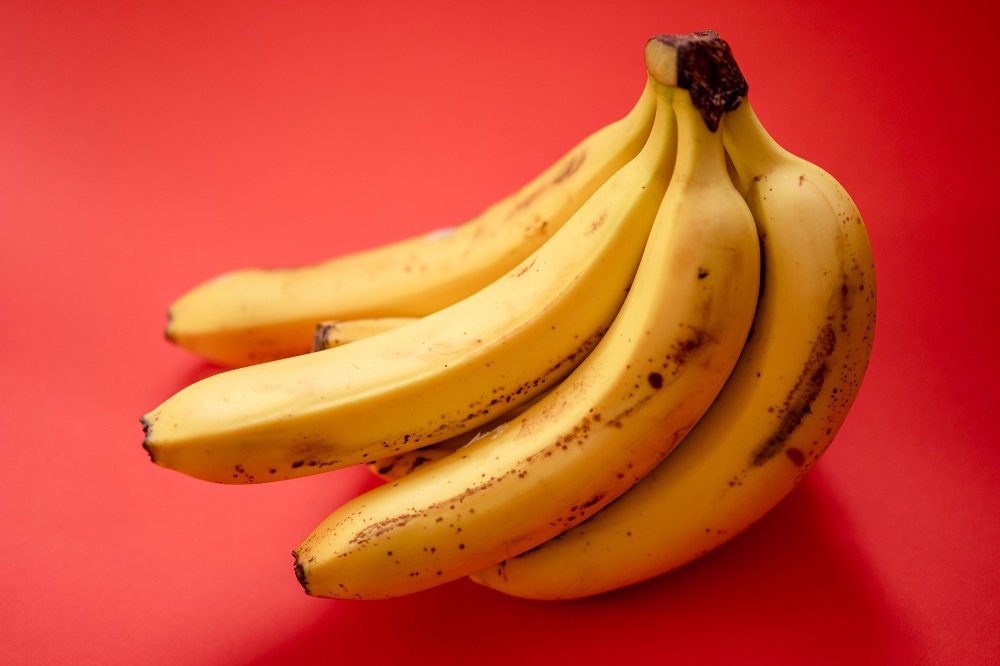The Importance of Hydration: Stay Healthy and Hydrated

It’s easy to overlook the simplest of things—like drinking water. But staying hydrated is not just about quenching your thirst; it’s about maintaining your overall health and well-being.
In this article, we’ll explore the many facets of the importance of hydration, providing you with expert knowledge and practical tips to ensure you stay optimally hydrated. So, grab a glass of water, and let’s dive in!
Hydration is not just about preventing dry mouths; it’s about maintaining a balance between the fluids you lose and the fluids you take in. Your body is composed of approximately 60% water, and every cell, tissue, and organ depends on it to function correctly.
Understanding Dehydration
Dehydration occurs when your body loses more fluids than it receives. It can lead to various health problems, including dizziness, dry skin, and even kidney stones.
The Importance of Water
Water is the elixir of life. It regulates your body temperature, aids digestion, and helps transport nutrients and oxygen to your cells. Without sufficient water, your body struggles to perform these essential functions.
Benefits of Staying Hydrated
Maintain Optimal Health
Staying hydrated is crucial for your overall health. It supports your immune system, helps with digestion, and prevents headaches and fatigue.
Weight Management
Drinking enough water can help control your appetite, which is excellent for weight management.
To truly understand the importance of hydration, we need to delve into the science behind it.
Your Body’s Water Needs
The recommended daily water intake varies from person to person, depending on factors such as age, sex, and physical activity. On average, adults should aim for about 3.7 liters for men and 2.7 liters for women.
The Role of Electrolytes
Electrolytes, such as sodium and potassium, play a crucial role in maintaining the body’s water balance. They help regulate fluid levels and muscle function.
Tips for Staying Hydrated
Now that we’ve covered the basics, let’s explore some practical tips and strategies for ensuring you stay well-hydrated.
Hydration Strategies
Set Reminders
In our busy lives, it’s easy to forget to drink water. Set alarms or reminders to ensure you sip water throughout the day.
Carry a Reusable Water Bottle
Having a water bottle with you makes it convenient to drink water wherever you are.
Eat Water-Rich Foods
Fruits and vegetables like watermelon, cucumber, and oranges are excellent sources of hydration.
Health Tips for Optimal Hydration
- Monitor Your Urine: The color of your urine is a good indicator of your hydration level. Pale yellow means you’re well-hydrated, while dark yellow may signal dehydration.
- Balanced Diet: Consume a diet rich in water-containing foods, such as soups, stews, and broths.
- Avoid Excess Caffeine and Alcohol: These can lead to dehydration, so limit your intake.
- Stay Hydrated During Exercise: Drink water before, during, and after physical activity to replace fluids lost through sweat.
- Hydrate in Extreme Conditions: In hot weather or high altitudes, you may need more fluids to stay hydrated.
Hydration Myths Debunked
There are several misconceptions about staying hydrated that we need to address.
Debunking Hydration Myths
“I Only Need Water When I’m Thirsty”
Thirst is a late sign of dehydration. It’s crucial to drink water consistently throughout the day.
“Coffee Dehydrates You”
While coffee has diuretic effects, it doesn’t dehydrate you when consumed in moderation.
Frequently Asked Questions (FAQs)
How much water should I drink daily?
The recommended daily water intake is about 3.7 liters for men and 2.7 liters for women, but it varies depending on various factors.
Can I meet my hydration needs with other beverages?
Water is the best choice for staying hydrated, but other beverages, such as herbal tea and milk, also contribute to your daily fluid intake.
Are there any signs of overhydration?
Yes, overhydration can lead to a condition called hyponatremia, which can cause symptoms like nausea and confusion.
How can I encourage my kids to drink more water?
Make it fun by adding slices of fruit to their water or using colorful straws. Set a good example by drinking water yourself.
Can dehydration affect my skin’s appearance?
Yes, dehydration can lead to dry, dull skin and exacerbate skin conditions like eczema.
Does staying hydrated help with exercise performance?
Absolutely! Proper hydration enhances endurance, reduces the risk of muscle cramps, and keeps you alert during workouts.
Conclusion
The importance of hydration cannot be overstated. It’s the foundation of good health, affecting everything from your energy levels to your skin’s appearance.
By understanding the science behind it and implementing practical strategies, you can ensure you stay well-hydrated and feel your best. So, remember to drink your water, and your body will thank you for it!








